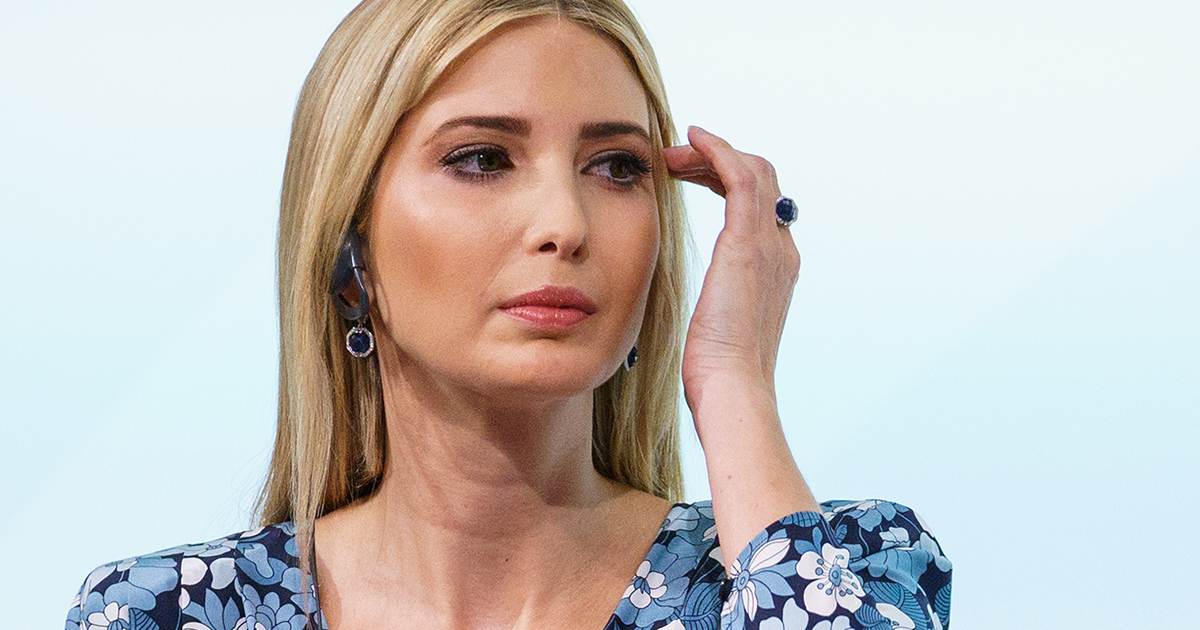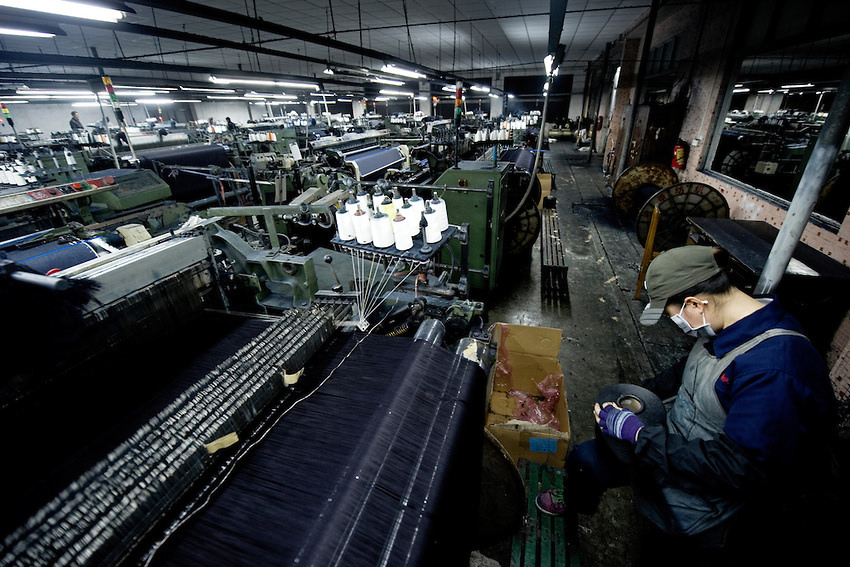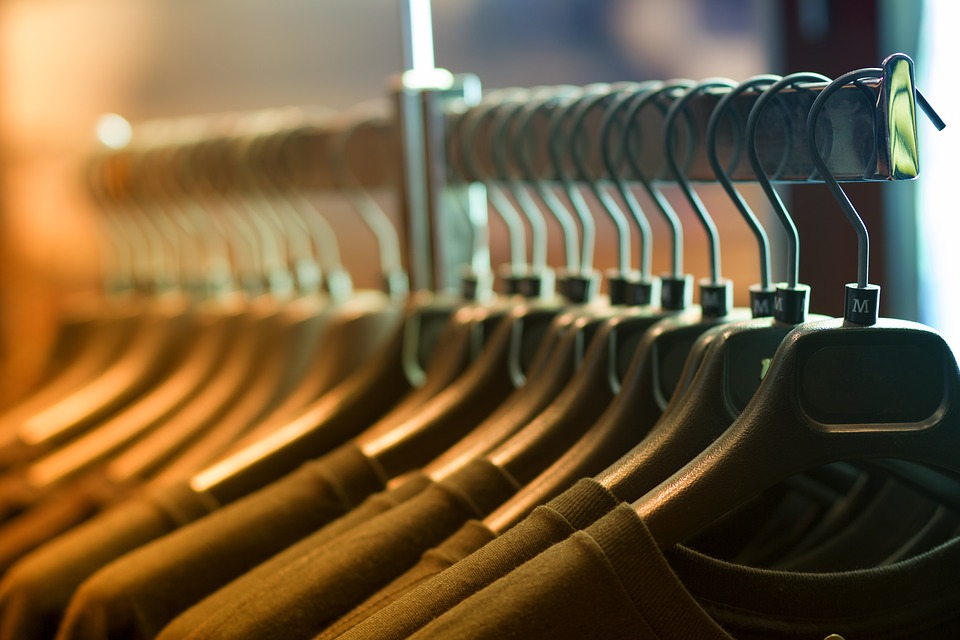This Chinese Factory is Tied To Ivanka Trump's Brand

By:
A new report by a garment industry watchdog is raising concerns that Ivanka Trump brand products may have been produced in a Chinese factory that violated labor laws.
 Rex Features via AP Images - apimages.com
Rex Features via AP Images - apimages.com
The factory — which is contracted by major brands such as Ivanka Trump, Levi's, and Calvin Klein — is accused of violating two dozen international labor standards, according to a Fair Labor Association report. Factory owners paid the 80-person staff approximately $1 per hour, violated Chinese overtimes laws, and failed to provide mandate "social insurance" benefits, The Washington Post reported.
What the report wasn't able to establish is whether the factory was manufacturing Ivanka Trump brand products at the time of the inspection.
That's not entirely surprising: Supply chains in the garment industry are long, complicated, and filled with middlemen and contractors. Often times, the face of a major brand doesn't even know where their own products are made, or where the materials to make them come from.
 Flickr - staticflickr.com
Flickr - staticflickr.com
Human Rights Watch (HRW) released a report last week identifying this problem, emphasizing the need for companies to track and disclose not only the country that they're outsourcing labor to — but the specific factories they're contracting. "Such transparency is a powerful tool for promoting corporate accountability for garment workers’ rights in global supply chains," the report authors wrote.
How global supply chains work in the garment industry.
- After the cotton and other raw materials needed to manufacture clothing are grown, sold, and spun into fabric, brands place orders at factories — primarily in China, Vietnam, Bangladesh, Indonesia, and Mexico — to produce their products.
- In some cases, brands are represented by third-party groups that outsource manufacturing on their behalf. That's the case with G-III Apparel Group, which contracts factories for Ivanka Trump and several other clothing corporations. ATTN: reached out to G-III Apparel Group for comment, but a representative was not immediately available.
- These "cut-make-trim" (CMT) factories then get to work, often for much lower wages than would be required in the U.S. In China, for example, the minimum wage is $327 per month; but factory workers, including those employed at the factory cited in the Fair Labor Association report, are frequently underpaid.
- The factories ship out the finished products to the brands, which are responsible for distributing to retail stores and online.
Though there's a movement within the industry to increase transparency around global supply chains, Monday's report detailing Trump's connection to a non-compliant factory has called attention to the international dilemma.
 Pixabay - pixabay.com
Pixabay - pixabay.com
For the sake of both corporate responsibility and consumer rights, HRW wants to see more clothing companies "publishing supply chain information," which "builds the trust of workers, consumers, labor advocates, and investors, and sends a strong message that the apparel company does not fear being held accountable when labor rights abuses are found in its supply chain."
"It makes a company’s assertion that it is concerned about labor practices in its supplier factories more credible."
Failure to monitor supply chains has come back to bite clothing brands.
Take Patagonia, which has promoted its commitment to fair labor practices, for example. In 2011, an audit turned up evidence that factory workers contracted by a third-party “labor broker” were exploited, forced into labor, and trafficked, The Atlantic reported.
In 2016, a BBC investigation uncovered Syrian refugees in Turkey working under deplorable conditions in a factory that made clothes for U.K. retailer Marks & Spencer. Though Marks and Spencer said the findings of the investigation were "unacceptable," workers advocates told the BBC retailers need to do more than express outrage when these conditions are uncovered.
"It's not enough to say we didn't know about this, it's not our fault," Danielle McMullan, from the Business & Human Rights Resource Centre, told BBC.
